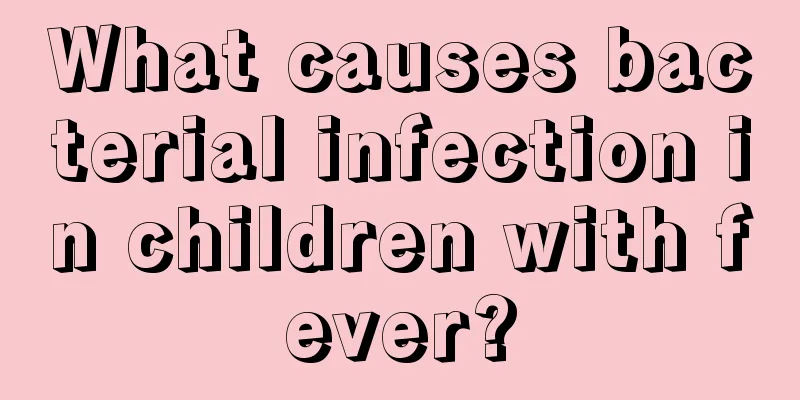What are the treatments for bronchial asthma in children?

|
Bronchial asthma is a common airway disease. According to professional doctors, this disease has no age difference, but children are relatively more susceptible to this disease. The main causes of bronchial asthma in children include allergies, bad weather conditions, genetic factors or certain material stimulation, etc. So how should this disease be treated? 1. Inhalation administration Inhaled glucocorticoids are the drug of choice for long-term control of asthma. Their advantage is that the drug acts directly on the airway membranes through inhalation, has a strong local anti-inflammatory effect, and has few systemic adverse reactions. Long-term, regulated inhalation is usually required to have a preventive effect. In the event of an acute asthma attack, inhaled β2 receptor agonists should be used first, followed by inhaled corticosteroids. For children with seasonal asthma attacks, continuous, regular inhalation of corticosteroids can be started 2-4 weeks before the expected attack. The maintenance dose of inhaled corticosteroids for children is 200-400 μg per day. Local adverse reactions include hoarseness, pharyngeal discomfort and oral Candida infection, which can be reduced by gargling with water, using a spacer or choosing a powder inhaler. 2. Oral administration During acute attacks, the condition is more serious and is treated with inhaled high-dose hormones and short-term oral prednisone for 1-7 days, 1-2 mg/kg per day (total amount not exceeding 40 mg), divided into 2-3 times. For glucocorticoid-dependent asthma, the drug can be taken once every other morning. However, long-term oral use of prednisone or dexamethasone can have adverse reactions, especially for children who are undergoing growth and development, so long-term use should be avoided as much as possible. 3. Intravenous administration For children with severe (critical) asthma attacks, intravenous medication should be given as soon as possible. Commonly used drugs include methylprednisolone 1-2 mg/kg, or hydrocortisone succinate 5-10 mg/kg, 2-3 times a day. They are usually used for a short period of time and stopped within 2-5 days. If systemic glucocorticoids are used continuously for more than 10 days, it is not advisable to stop the medication abruptly. The dosage should be reduced to avoid recurrence. |
<<: How to quickly treat children’s oral ulcers?
>>: What causes ADHD in children?
Recommend
Is it better for babies to talk early or late?
Babies' language abilities are different; som...
Causes of stuttering in children
There are many reasons for children to stutter. I...
What to do if the baby wakes up easily?
Many mothers may find that their children will ha...
What is the first aid method for a child drowning?
Many parents will let their babies start swimming...
The signals presented by different colors of newborn baby's nails
What is the most normal color for a newborn's...
Children's growth and development indicators
Ten months of pregnancy and one day of delivery e...
Why does a four-month-old baby urinate less?
Some babies will have the problem of less urine, ...
Treatment of carbon monoxide poisoning in children
Carbon monoxide, do you know how it is produced? ...
The reason why baby has white spots on eyebrows
White spots are a common type of vitiligo, and so...
Five-month-old baby's brain is nourished, and dietary conditioning has a good effect
For a five-month-old baby, you can eat a moderate...
How long does it take to treat neonatal pneumonia?
Some diseases in life are more likely to occur in...
What causes hunchback in children?
Although hunchback is a very common phenomenon, i...
What should I do if my baby has a fever and poor appetite?
Many babies often cannot get rid of their fever o...
What are the precautions for shaving the baby's head?
The baby's hair should be shaved off one mont...
Why does a two-month-old baby girl have leucorrhea?
We all know that since entering puberty, leucorrh...









